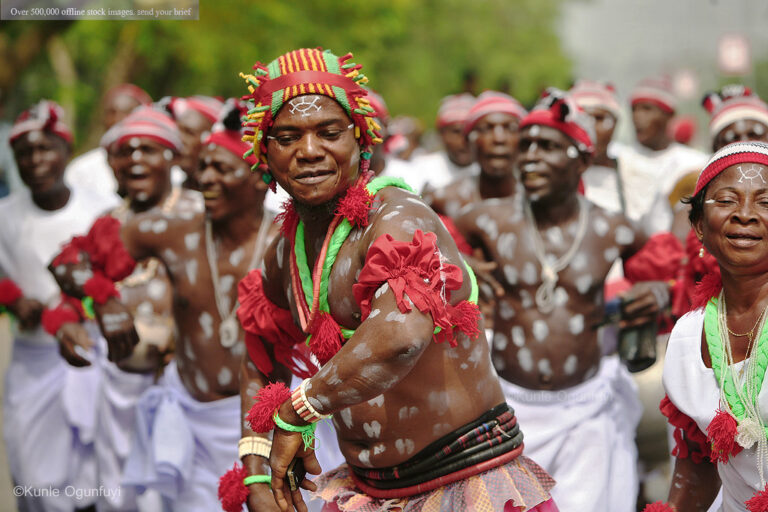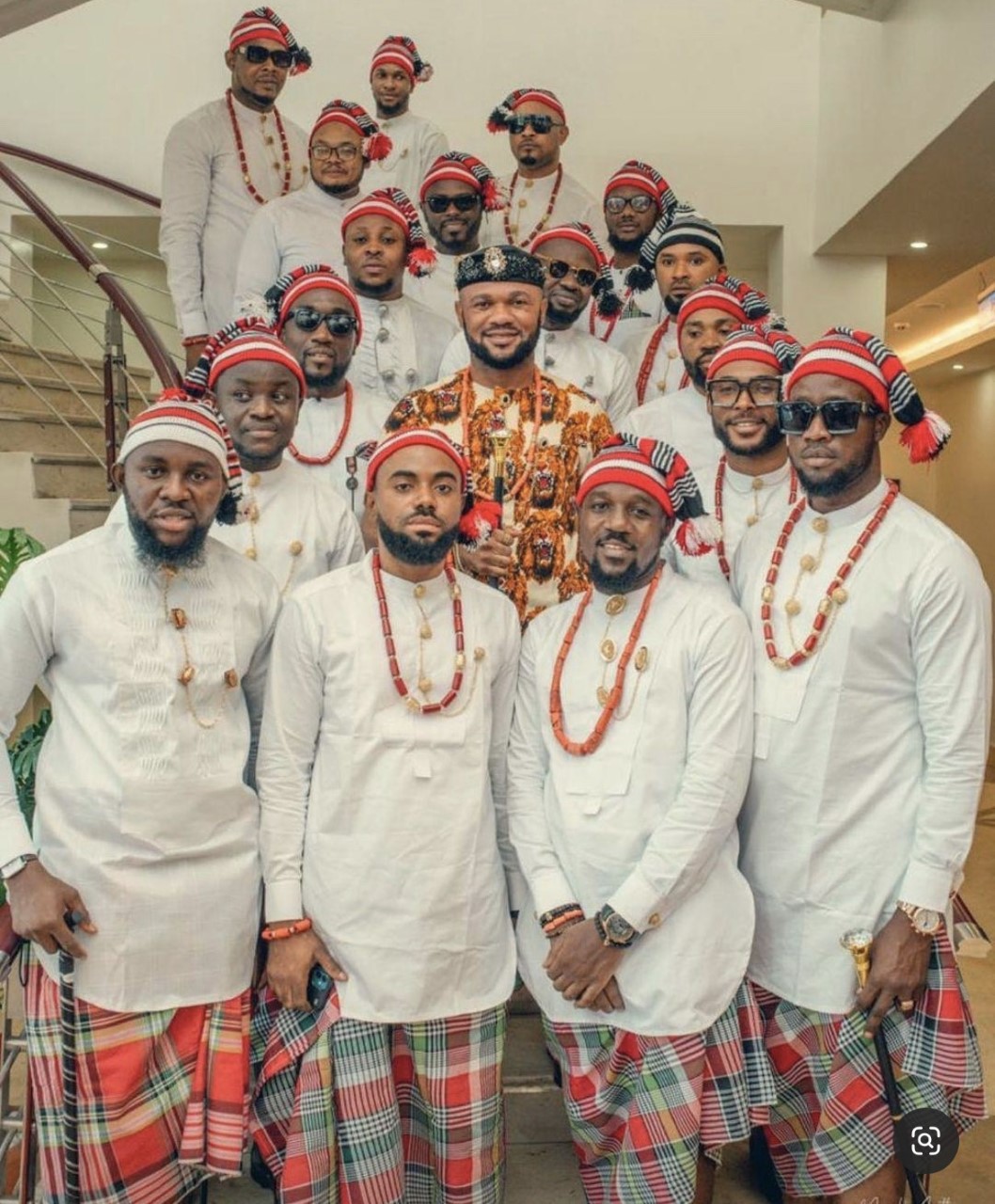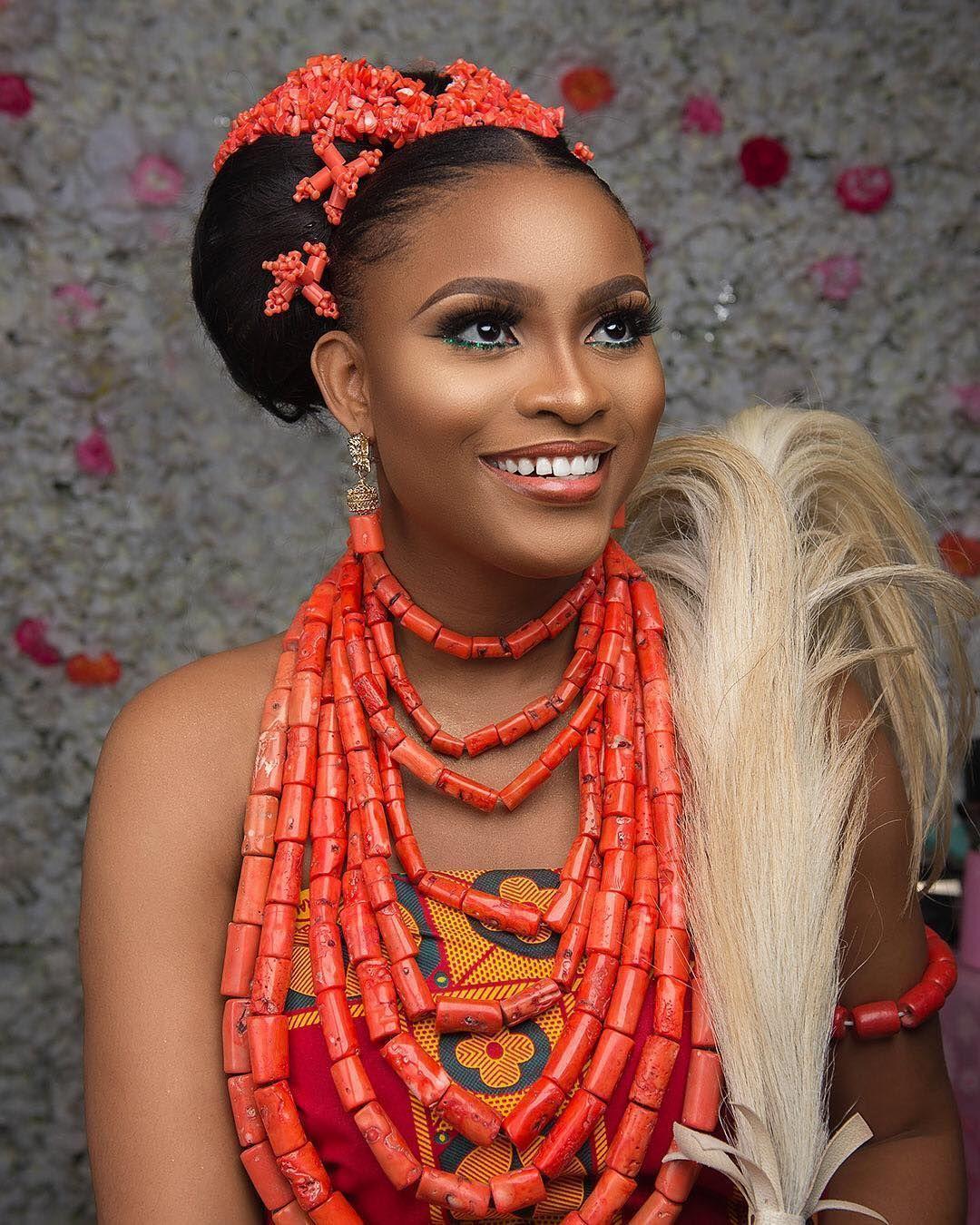When we consider the many peoples that make up our world, a group known as the Igbo, sometimes called Ibo, truly stands out. They are a large and important community, recognized for their unique ways and how they contribute to the broader picture of human culture. This community, which has a long history, is something worth exploring, especially when thinking about the various ways people express who they are through what they wear. It is, you know, a very interesting subject to think about.
These people are, in fact, one of the biggest distinct groups in all of Africa. You might find their name spelled in a few different ways, like Ibo, or even historically as Iboe, Ebo, or Eboe, and even Eboans or Heebo. This shows, in a way, how their identity has been recorded over time. Their presence is a significant part of the continent's human story, showing a deep and lasting heritage that is quite remarkable.
The Igbo people, as a whole, are known for a rich cultural heritage and a strong drive to create and build things. These characteristics are, you know, very much a part of their identity. When we think about how a group expresses its culture, things like what people wear often come to mind. This is where the idea of Igbo women's attire becomes a way to think about how cultural background shapes personal presentation, even if specific details are not immediately present.
- Where Did Dubai Get Its Money
- Tattoos On Arms Female
- Hide Caller Id Cell Phone
- Andy Cohen And Partner
- Curiosity Quotations
Table of Contents
What Makes Up Igbo Identity?
The Igbo people represent a significant portion of Nigeria's population, making up about seventeen percent of the country's residents. This means they are, basically, one of the biggest ethnic groups within that nation. Their collective presence is quite substantial, with around forty million individuals identifying as Igbo. This sheer number shows how influential they are in the country's overall makeup and daily life, which is, you know, something to think about.
They mostly make their homes in the southeastern part of Nigeria. You will find them settled in various states there, including places like Anambra, Enugu, and Imo. These areas are where the core of Igbo life and traditions can be found. It is in these specific locations that their distinct ways of living have been nurtured and have truly flourished over many generations, creating a sense of place that is, in some respects, quite strong.
The Igbo people, or "Ndi Igbo" as they call themselves, are known for more than just their numbers or where they live. They have a reputation for having a truly rich cultural heritage. This heritage is something they hold dear and express in many aspects of their daily existence. Additionally, they are recognized for a strong spirit of enterprise, a drive to innovate and succeed in their endeavors, which is, like, a very important part of who they are.
- Mexico Actor
- Single Black Crow Meaning
- Willow Smith Eye Colour
- Turning Avast Off
- Conversation To Have With Your Girlfriend
Where Do Igbo People Call Home?
To pinpoint their location more clearly, the majority of Igbo speakers are found primarily in southeastern Nigeria. This area is, in a way, their ancestral heartland, where their language and customs have taken root and grown. Their concentration in this specific region helps to keep their traditions alive and well, providing a central point for their cultural activities. It is, as a matter of fact, where their identity is most visibly expressed.
The states of Anambra, Enugu, and Imo are just a few examples of the places where large communities of Igbo people reside. These states form a sort of cultural core where their way of life is deeply embedded. The landscape and communities within these regions are, you know, shaped by their presence. This geographic concentration allows for a shared experience and a common understanding among many Igbo individuals.
While the exact origins of how the Igbo people came to be in their current lands might not be entirely clear, their presence there is undeniable and long-standing. They have established a strong foundation in southeastern Nigeria, creating a distinct cultural area often referred to as "Ala Igbo" or "Ani Igbo," which means Igboland. This sense of belonging to a specific territory is, basically, a fundamental part of their collective identity.
How Is Igbo Culture Expressed?
The rich cultural heritage of the Igbo people shows itself in many forms. One of the most noticeable ways is through their language. Igbo is the tongue spoken in Igboland, and it is the means by which the people, known as "Ndi Igbo," communicate their thoughts, stories, and traditions. This shared language is, truly, a central pillar of their cultural existence, connecting generations through words and expressions.
The language itself is quite detailed. There are resources available that offer a complete guide to the Igbo language, even including sample conversations with native audio clips. These tools can help someone learn about the basic grammar of Igbo and understand its structure. Such efforts to document and teach the language highlight, in a way, how important it is to the preservation of Igbo identity.
Beyond language, culture is also expressed through activities like traditional dance. It is known, for instance, that Igbo men perform these traditional dances. Such performances are not just entertainment; they often tell stories, celebrate events, or pass on historical knowledge. These kinds of public displays are, you know, a very visible part of their cultural practices, showing off their heritage for all to see.
What Role Does Igbo Women Attire Play in Heritage?
When we think about cultural expression, the way people dress is often a significant part of that picture. While the provided text mentions "Igbo men perform a traditional dance," which often involves specific clothing, it doesn't go into detail about the specific attire of Igbo women. However, we can generally understand that clothing is, in a way, a visual representation of cultural heritage.
Attire, including what Igbo women might wear, typically serves as a form of non-verbal communication. It can show a person's status, their role in the community, or even their connection to certain traditions. The choice of fabrics, patterns, and styles often carries deep cultural meaning, even if those specific details are not laid out here. This is, you know, a common thread across many cultures, not just the Igbo.
So, while the text doesn't describe particular garments for Igbo women, the general mention of "rich cultural heritage" means that what they wear would likely be an important part of that. Their clothing would, in some respects, reflect the artistic expressions and historical influences of their people. It is a part of the broader cultural story, just like language and dance, even if the specifics are not detailed here.
Exploring the Richness of Igbo Heritage
The Igbo people are one of Nigeria's largest ethnic groups, with a population that reaches about forty million individuals. This considerable number points to a widespread and deeply rooted community. Their presence across the southeastern states of Nigeria shows a strong cultural footprint. It is, you know, a very large and influential group within the country's diverse population, shaping many aspects of life there.
They are, as a matter of fact, primarily found in the southeastern region of Nigeria. This geographic concentration helps to maintain their distinct cultural practices and ways of life. The communities in these areas share a common bond through their language and their collective history. This shared background allows for a continuation of traditions that are, basically, unique to the Igbo people.
The Igbo identity is not tied to a single person's name or an ancestor's name. Instead, "Igbo" refers to the collective group of people who speak the Igbo language and live in Igboland. This means their identity is rooted in a shared linguistic and geographical connection, rather than being traced back to one foundational figure. This collective nature is, you know, a key aspect of their self-perception.
The Igbo Language - A Cultural Marker
The Igbo language, sometimes called Ibo, is a very important part of the Igbo people's identity. It is the means by which they express their thoughts, share their stories, and pass on their traditions from one generation to the next. The language is, in a way, a living record of their history and their cultural values. It connects them to their past and helps to shape their future.
There are resources available that help people learn and understand the Igbo language. These resources might include dictionaries that translate between Igbo and English, as well as explanations of basic Igbo grammar. Such tools are, you know, very helpful for anyone wanting to get a deeper sense of this particular form of communication. They allow for a wider appreciation of Igbo ways of speaking.
The presence of native audio clips alongside sample conversations further helps in learning the language. Hearing the words spoken by native speakers can provide a better feel for the rhythm and sound of Igbo. This attention to detail in language resources shows, in some respects, how much value is placed on preserving and sharing their linguistic heritage with others.
Beyond Dance - Other Cultural Expressions
While the text mentions that Igbo men perform traditional dances, which are a visible form of cultural expression, the rich heritage of the Igbo people goes beyond just this one activity. Their culture is also reflected in their strong entrepreneurial spirit. This drive to create and build, to engage in trade and business, is, you know, a very important part of their identity.
The entrepreneurial drive means that Igbo people often show a remarkable ability to adapt and to thrive in various economic situations. This spirit of enterprise is, basically, a practical way their culture manifests itself in the wider world. It shows a resourcefulness and a determination that are deeply ingrained in their collective character, contributing to their overall cultural story.
Cultural heritage also includes things like oral traditions, storytelling, music, and various art forms, even if these are not explicitly detailed in the provided text. These elements all contribute to the fabric of a people's identity. They are, in a way, the threads that make up the whole picture of a culture, offering different ways for people to express who they are and where they come from.
How Do These Elements Inform Igbo Women Attire?
When we think about all these elements of Igbo culture – the language, the strong entrepreneurial spirit, the rich heritage, and even the traditional dances – it becomes clear that they all contribute to the broader cultural context. This context, in turn, influences how people express themselves, including through what they choose to wear. The attire of Igbo women would, in some respects, be a reflection of these cultural underpinnings.
While the provided information does not offer specific details about the styles, colors, or materials of Igbo women's clothing, we can infer that their attire would likely be connected to their cultural practices and values. For instance, the entrepreneurial spirit might mean that their clothing features locally sourced materials or designs that reflect their economic activities. It is, you know, a way for culture to show itself visually.
The "rich cultural heritage" mentioned in the text suggests that Igbo women's attire would probably carry symbolic meaning, perhaps reflecting their history, social standing, or community roles.
- Natalie Dyer Age
- Ivan Moody Military
- Jace Norman Henry Danger Now
- What Happens When You Restrict Someone
- Milo Manheim Young



Detail Author:
- Name : Adrian Jakubowski
- Username : bogan.jennings
- Email : polly.hahn@hotmail.com
- Birthdate : 1991-07-20
- Address : 82444 Koepp Shore Koleview, MT 39576-8476
- Phone : 1-336-818-5155
- Company : Ferry, West and Parisian
- Job : Rock Splitter
- Bio : Velit vero amet incidunt quia asperiores. Eos earum doloremque architecto cum iure architecto voluptas. Commodi magni non aut in.
Socials
tiktok:
- url : https://tiktok.com/@elisa9079
- username : elisa9079
- bio : Et reprehenderit doloribus qui ratione adipisci soluta.
- followers : 5037
- following : 3000
facebook:
- url : https://facebook.com/elisa_considine
- username : elisa_considine
- bio : Non alias velit est eos. Provident maiores mollitia dignissimos voluptates.
- followers : 6663
- following : 521
linkedin:
- url : https://linkedin.com/in/elisa6289
- username : elisa6289
- bio : Aut tempore vel est sequi tempore hic at ea.
- followers : 3462
- following : 795
twitter:
- url : https://twitter.com/considine2015
- username : considine2015
- bio : Nostrum omnis deserunt magni dolorem libero placeat illo. Sed temporibus eligendi nesciunt vel vel. Non qui deserunt quisquam saepe.
- followers : 3913
- following : 1264
instagram:
- url : https://instagram.com/considinee
- username : considinee
- bio : Ducimus est quis est et vero ut cumque. Voluptate ea culpa eaque ipsa aperiam eos.
- followers : 6963
- following : 2924
